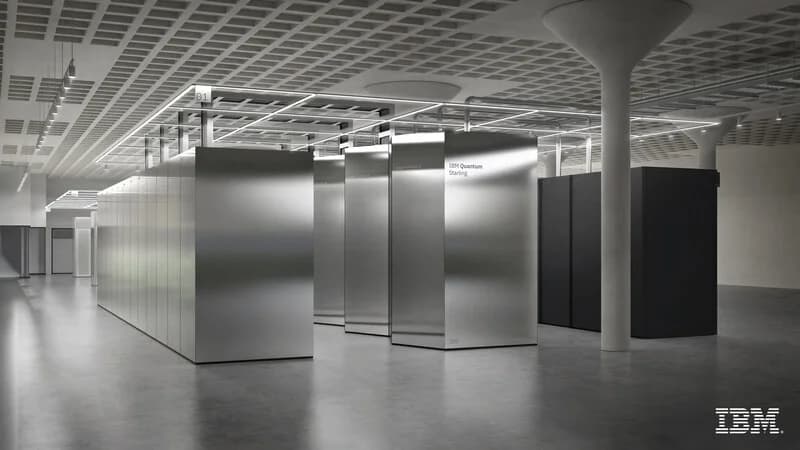In less than a decade, the market is expected to grow more than 14 times its current size.
According to Precedence Research, automotive quantum computing will climb from $453 million in 2025 to $6.5 billion by 2034. That 34.51% annual growth rate suggests more than hype—serious money is backing quantum solutions for vehicles.
Why now? Cars are no longer just means of transportation; they're data factories on wheels. Modern vehicles generate terabytes of information every day. Optimizing routes across city grids involves millions of variables. Designing better batteries demands molecular-level simulations. Classical computers often hit performance limits, but quantum systems can leap past them—handling massive datasets all at once instead of step-by-step.
Regional Markets Show Distinct Patterns
Asia Pacific currently holds 41% of the market, driven by its role as the world's primary car manufacturer.
Countries like China, Japan, and South Korea are investing heavily in quantum research, often with government backing that treats the technology as strategically vital. Automotive giants benefit from being close to dense clusters of quantum talent—when Toyota needs expertise, it can tap into local universities and research labs without delay.
North America, while starting smaller, is growing the fastest. IBM's 400-qubit processor already solves problems in minutes that would take classical systems years. Tech leaders Google and Microsoft continue to push the technology's limits, and government funding—often tied to national security—helps accelerate progress.
Europe is taking a more security-focused approach. Germany, the UK, and France are prioritizing quantum-safe encryption to shield connected vehicles from future quantum-powered cyberattacks. It's a logical move in a region where premium automotive brands can't risk reputation-damaging security breaches.
Software and Cloud Solutions Drive Adoption
For most automotive companies, buying a quantum computer outright isn't realistic.
Instead, they're accessing quantum power through the cloud—already the path for more than 74% of the market. Rigetti launched 80-qubit cloud systems in February 2022, while D-Wave offers quantum capabilities via AWS. This "pay-as-you-go" approach lets companies experiment without massive upfront costs.
Software leads the way. Before hardware makes sense, quantum algorithms—tailored for specific automotive problems—need to be developed. These aren't just bits of code; they're highly specialized mathematical blueprints for orchestrating qubits to tackle challenges like battery optimization, supply chain efficiency, or traffic management.
Traffic Management Leads Applications
Urban traffic congestion costs billions in wasted fuel, lost time, and added emissions.
Quantum systems approach this differently than traditional computers. Rather than testing routes one at a time, they evaluate thousands of possibilities at once—factoring in real-time data from sensors, weather, and traffic reports.
Amazon's 256-qubit processor, launched in November 2022, was built specifically for such optimization challenges, targeting practical, real-world problems.
Manufacturing optimization is close behind in adoption. Suppliers for Ford, GM, and Volkswagen are already exploring quantum solutions for inventory and production scheduling. Even a 1% improvement in efficiency can mean millions in savings.
Technical Challenges Remain
Quantum computing isn't without obstacles.
The machines require near-absolute-zero temperatures and are sensitive to vibration, electromagnetic interference, and even cosmic rays. Error rates are still high, and minor disruptions can derail calculations.
To lower the entry barrier, PASQAL introduced a no-code platform in January 2023, enabling automotive engineers to design quantum applications without learning quantum programming. This makes early experimentation more accessible.
Most automotive quantum projects remain in the pilot stage, as companies test ideas and build internal expertise—waiting for the technology to become stable enough for widespread production use.
The Transformation Timeline
Recent partnerships between automakers and quantum firms suggest the timeline is accelerating. These collaborations target tangible problems—ranging from advanced EV battery chemistry to next-generation sensor processing and lightweight material design.
Investment trends indicate genuine commercial promise, according to Precedence Research. The projected growth isn't just theory; it reflects real capital being directed toward solving pressing industry challenges.
While quantum computing won't replace traditional systems in vehicles, it offers unmatched solutions for certain high-complexity problems that define modern automotive engineering.
The unique capabilities of quantum systems justify the billions in projected investment—opening possibilities that extend far beyond today's applications.



